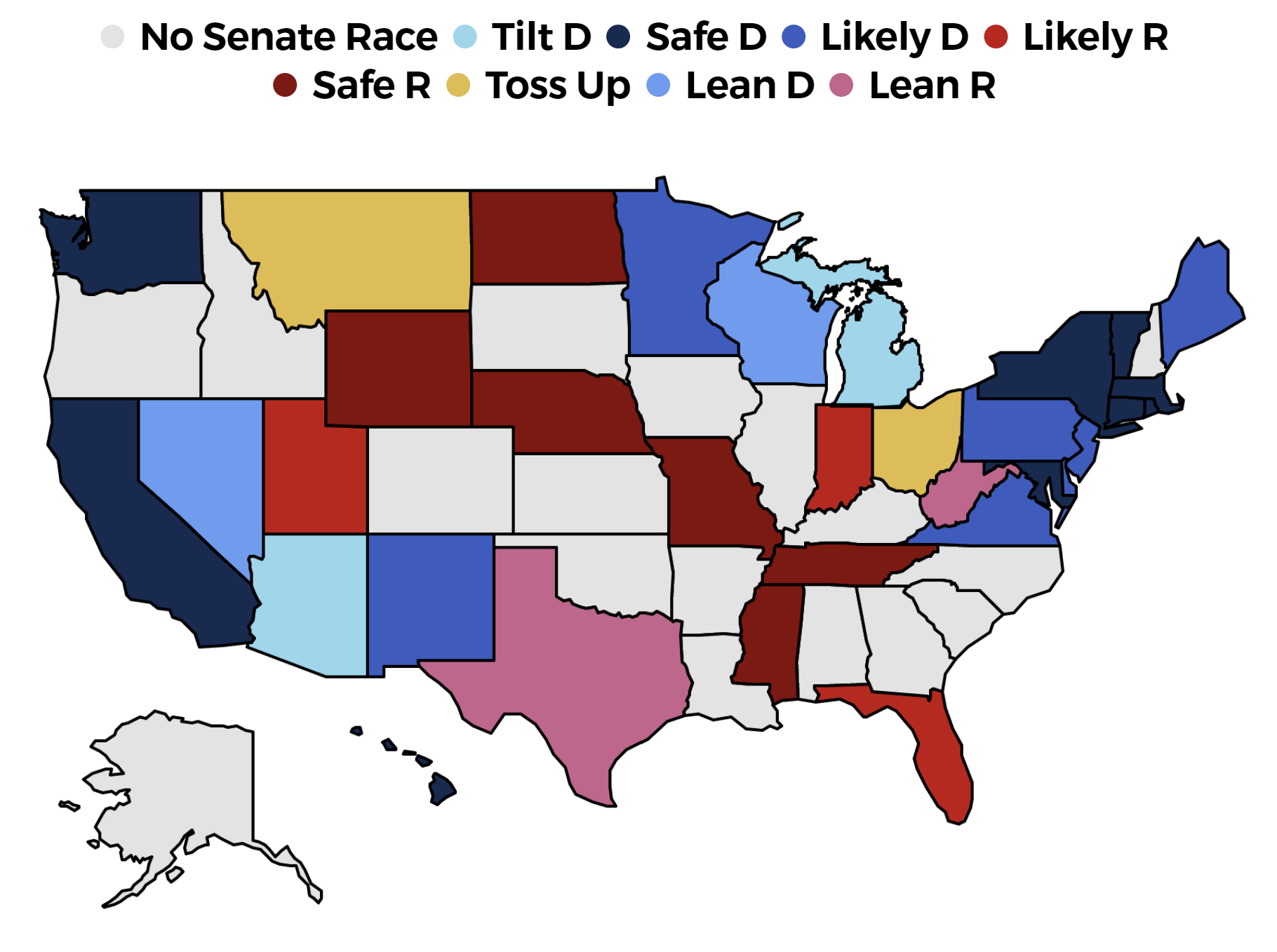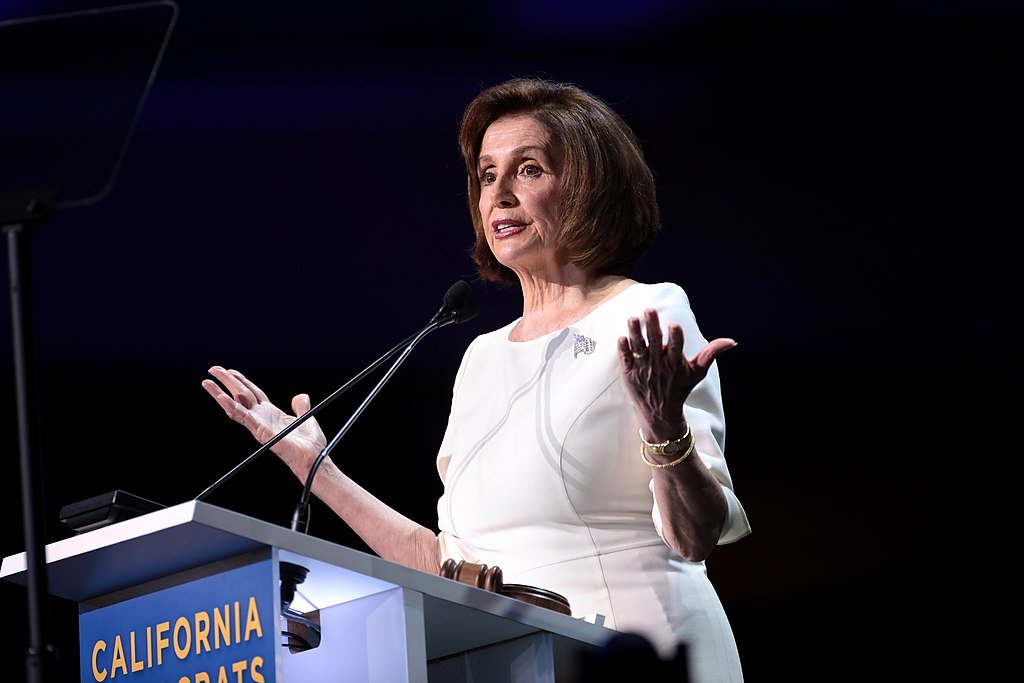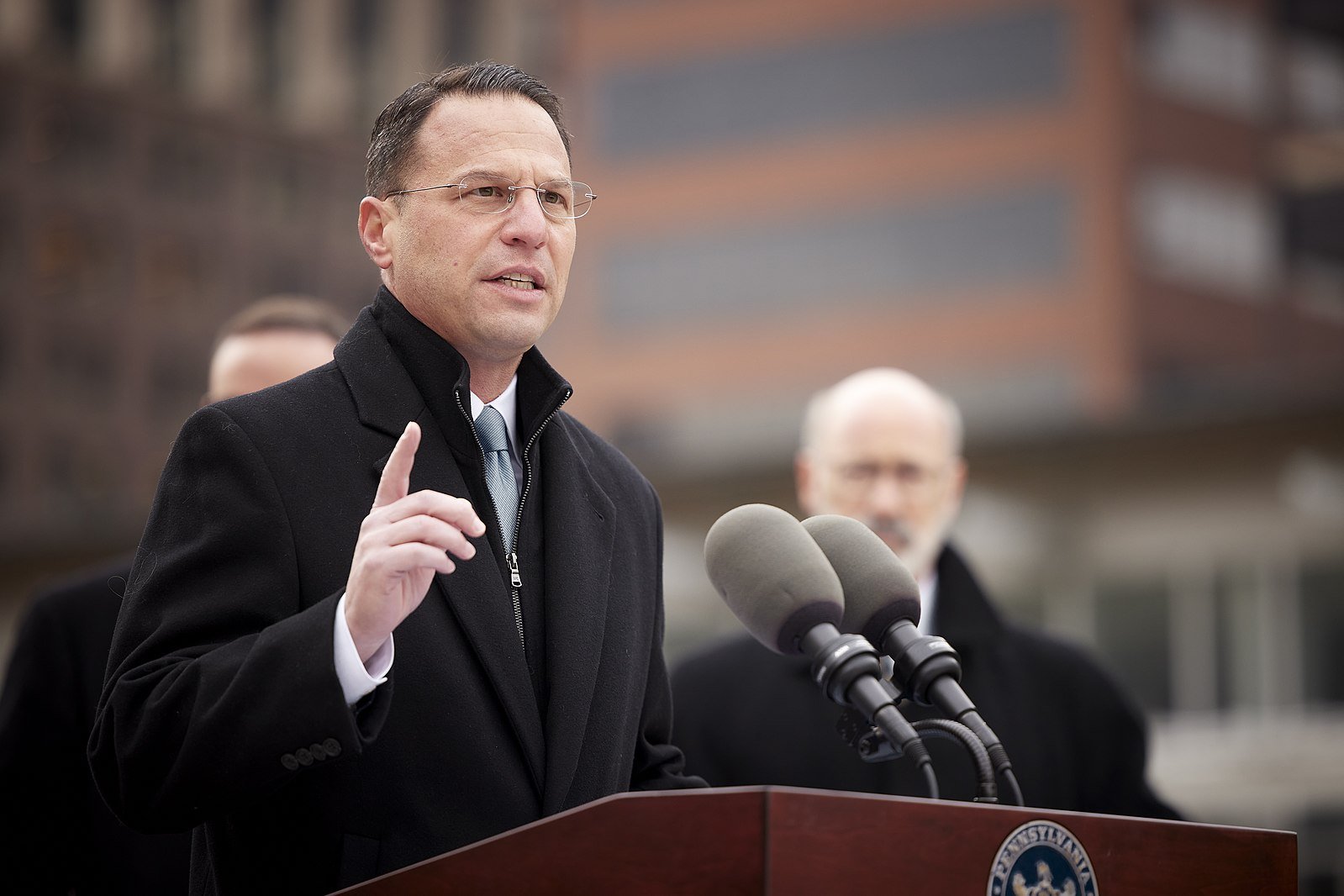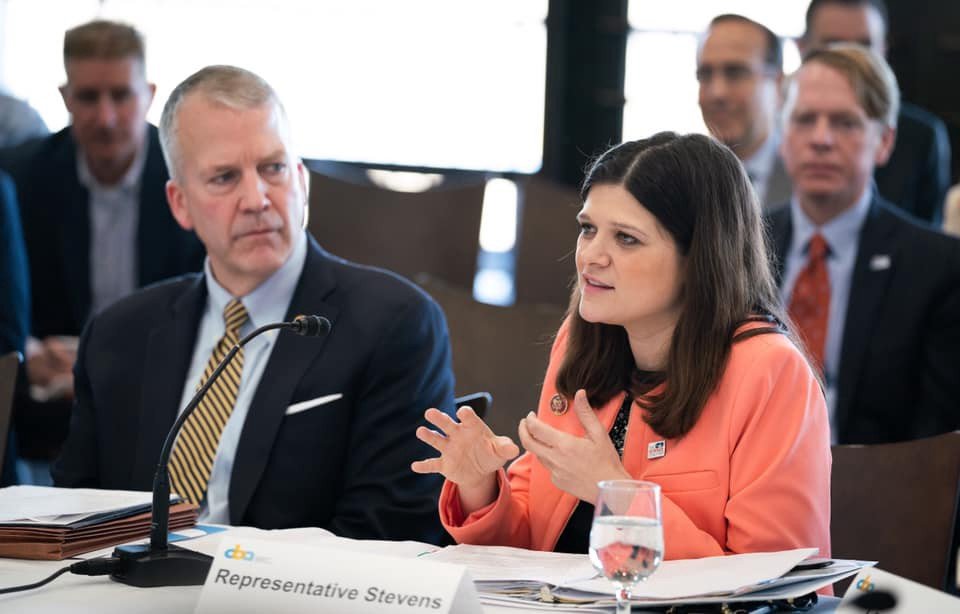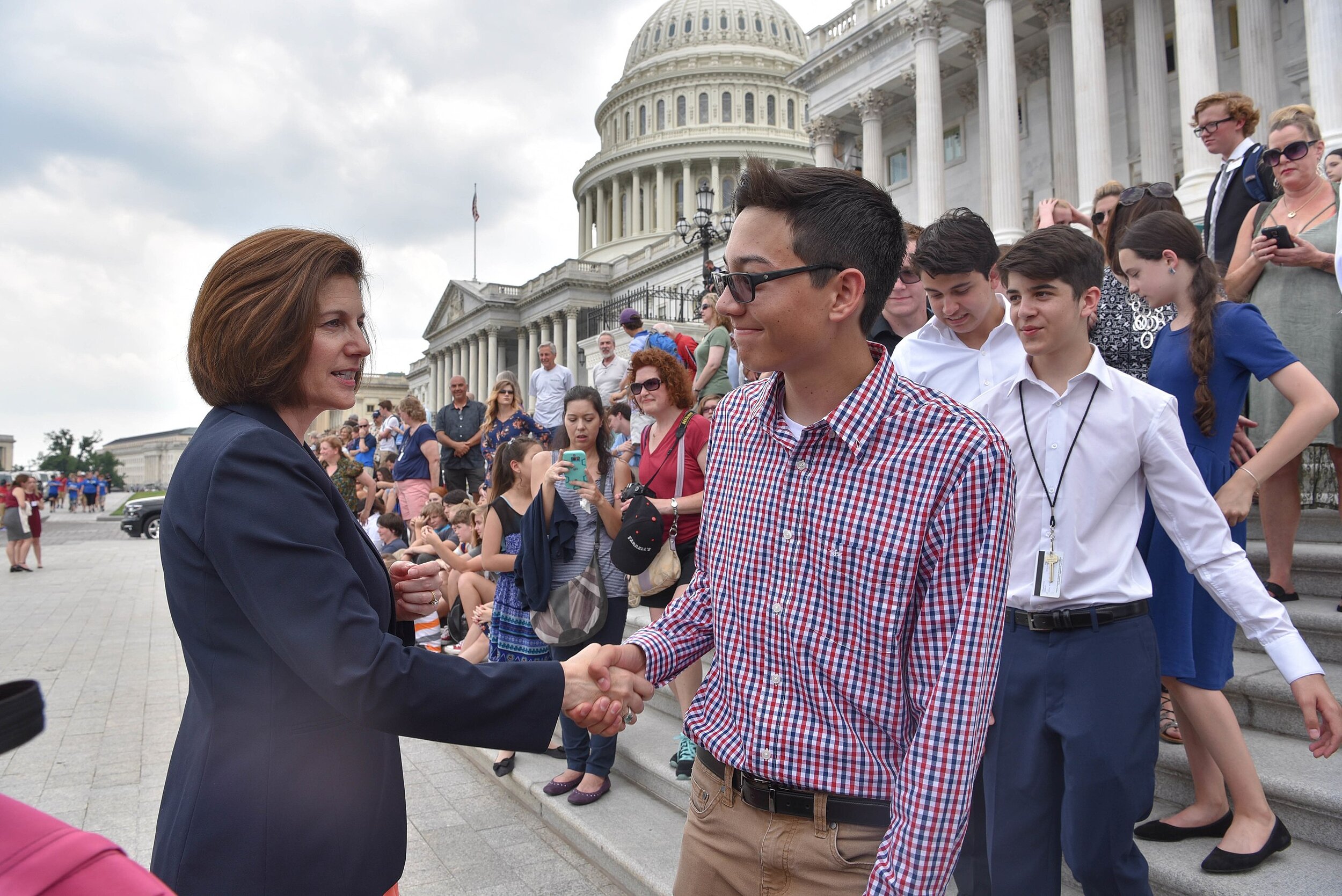Is Donald Trump's Endorsement No Longer as Valuable in Republican Primaries?
Photo Credit: US Congress
By: Logan Phillips, Editor In Chief
Date: March 28th
Since 2017, there are few politicians that have been more loyal to Donald Trump than Mo Brooks. After the 2020 election, Brooks was the first member of either Chamber of Congress to announce their intention to contest the results on January 6th. It was no surprise that Donald Trump endorsed his bid for the Senate just under a year ago, when he said “Mo Brooks has my Complete and Total Endorsement for the U.S. Senate representing the Great State of Alabama. He will never let you down!”
More surprising was Trump’s recent decision to rescind his endorsement, claiming that Mo Brooks had gotten “too woke”. Trump cited a comment Brook’s made on one day last summer, when he told a crowd to move on from the 2020 election. That strains credulity, because Brooks has since supported Trump’s claims about “voter fraud” on numerous occasions.
Instead, this was about power, both real and perceived, and the threat that Mo Brooks posed to Trump, regardless of his intentions. In the days before Trump’s announcement, two pollsters released surveys showing Brooks had fallen from first place, surpassed by both Katie Britt and Mike Durant. Suddenly, he was on track to finish an embarrassing third place.
Donald Trump is adept at wielding power within his own party to crush opposition and successfully cow politicians into doing what he wants. His endorsement has been one of his most potent weapons. It was a threat to remove politicians that opposed him by wooing primary voters to support his chosen replacement. Opposition within the party declined after the 2018 election, when Trump successfully removed opponents, like frequent critic Mark Sanford, by backing challengers.
After the 2020 election, Donald Trump started challenging his rivals with little restraint. He endorsed challengers to elected officials that refused to support his attempts to overturn the election in 2020, and he waded into many of the most high-profile Senate and Governor races to support his favorite loyalist.
For this article, we went through all of the endorsements Trump made for this election cycle, and focused on the Governor/Senate elections where he supported someone that:
1. Had at least one competent challenger
2. Wasn’t an incumbent on track to easily win the election with or without Trump’s endorsement
Twelve races qualified. We run a primary polling average for every 2022 Senate and Governor race. In the ten races with polling, Trump endorsed candidates are only on track to win four of them. Some, like Kari Lake in Arizona and Herschel Walker in Georgia, are currently on track to win the nomination. Many others could lose, like Kelly Tshibaka in Alaska, David Perdue in Georgia, Janice McGeachin in Idaho, and Ted Budd in North Carolina.
Arguably, perception here matters more than reality – so long as politicians believed Trump could knock them out of office, by and large, they would not cross him even when they disagreed with him. That threat does not look as palpable today as it did a year ago. The recent polling suggest that Republican primary voters haven’t turned on Trump - they still like him, and may even take his endorsement seriously, but at the end of the day, they will make their own decisions.
Trump’s decision to pull his endorsement in Alabama at the 11th hour will do nothing to change the perception of the politicians in office planning their next moves. Most are astute operatives who will take note of the changing dynamics. Many will still covet Trump’s endorsement – a clear asset in a primary – but they will note that it’s no longer a ticket to near-certain victory. Failing to win it is no longer a death sentence.
Now that its value has depreciated, the price politicians are willing to pay for his endorsement will also go down. Some will no longer take policy or political positions that they find morally problematic. Some will no longer be willing to take unpopular Trump-supported positions that could hurt them badly in a general election. We can already see it happening now. With a few exceptions, the entire Republican party has taken a far stronger line against Vladimir Putin and Russia than Trump was ever comfortable with.
If anything, we’ve learned that history can still be used as a guide to the present, and that Donald Trump isn’t superhuman. Parties change all the time – and that’s a good thing. Democracy should always be responsive to the needs of the American people, not the needs of a few powerful men. Just as Donald Trump took the Republican party in a new direction, future leaders will do the same. Nothing lasts forever.


